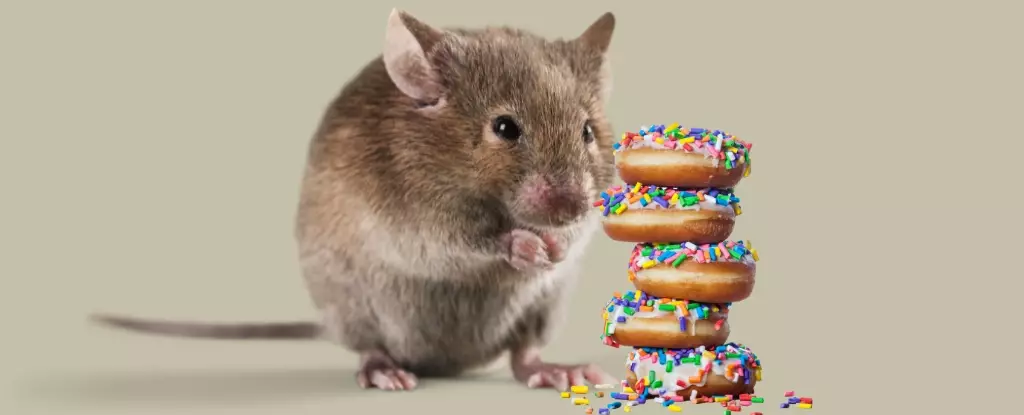The relationship between diet, energy consumption, and longevity has been a topic of scientific interest for over a century. Recent research conducted by a team of scientists from the US and UK has shed new light on this complex interplay. Contrary to the conventional wisdom that reducing caloric intake leads to longer lifespan, the study suggests that an imbalance between energy consumed and expended may be the key factor in promoting health and longevity.
The study, led by nutrition scientist Daniel Smith and biological scientist Sharon Mitchell, involved groups of mice placed on identical diets but housed in different temperature environments. Surprisingly, the mice in cooler environments, who had to expend more energy to keep warm, lived longer and healthier lives compared to their counterparts in warmer environments. This finding challenges the traditional notion that simply reducing caloric intake or manipulating macronutrient ratios is sufficient to promote health and longevity.
Smith emphasized that it is the interaction between energy consumed and expended, rather than any individual dietary component, that plays a crucial role in determining lifespan and health outcomes. The researchers found that mice in cooler environments, despite consuming the same amount of food as their warmer counterparts, experienced hormonal, metabolic, and physiological benefits that contributed to their increased longevity. This suggests that an energy imbalance created by the need to stay warm may be a key driver of these positive effects.
While the study was conducted on mice, the findings have potential implications for human health and aging. The researchers speculate that inducing an energy imbalance through factors such as medication or environmental conditions could mimic the longevity benefits observed in the study. However, it remains unclear whether directly exposing humans to cold temperatures would have similar effects, and further research is needed to explore this possibility.
The study challenges existing beliefs about the relationship between diet, energy balance, and longevity. By highlighting the importance of an imbalance between energy consumed and expended, the research provides valuable insights into how dietary interventions can impact health and aging. Further research in this area could lead to novel approaches for promoting longevity and improving overall well-being.


Leave a Reply